Ultimate Guide to Selenium-Rich Vegetarian Foods for Enhanced Health
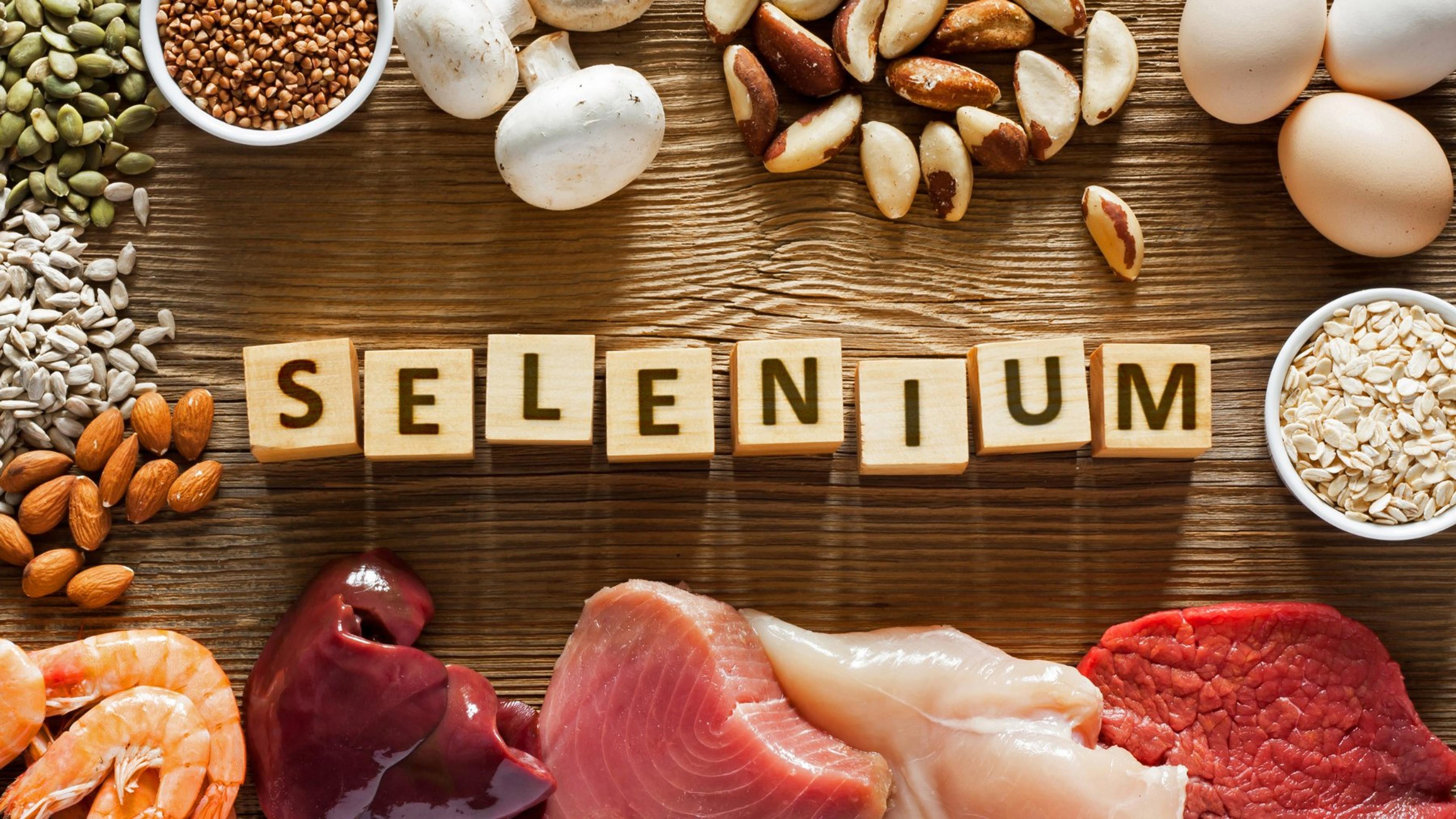
- Key Takeaways
- Why You Need Selenium in Your Diet
- Top Selenium-Rich Vegetarian Foods
- Incorporating Selenium-Rich Foods Into Your Diet
- Conclusion: Boost Your Health with Selenium-Rich Vegetarian Foods
- FAQs
Are you a vegetarian seeking ways to boost your health with selenium-rich foods? Renowned for its vital role in overall health, selenium is an essential nutrient that supports thyroid function and metabolism while serving as an impressive antioxidant.
Our ultimate guide unveils the top selenium-packed vegetarian foods and offers ingenious tips on incorporating them into your daily meals. Get ready to empower your diet – let's dive straight into this flavorful journey of nutrition!
Key Takeaways
- Selenium is a crucial mineral that plays a vital role in supporting thyroid function, metabolism, and overall health.
- Vegetarian foods rich in selenium include Brazil nuts, shiitake and white button mushrooms, beans (lima and pinto), chia seeds, brown rice, sunflower, sesame, and flax seeds, as well as broccoli, cabbage, and spinach.
- Incorporating these selenium-rich vegetarian foods into your diet can help boost your health by supporting thyroid function and metabolism while providing antioxidant benefits.
- Recipe ideas such as Brazil Nut Salad or Shiitake Mushroom Stir-Fry offer delicious ways to incorporate selenium-rich foods into your daily meals.
Why You Need Selenium in Your Diet
Selenium is a crucial mineral that plays a vital role in supporting thyroid function, metabolism, and overall health.
Selenium plays a vital role in safeguarding your overall wellness. As an essential component of various enzymes and proteins, it's integral to maintaining good health. It supports pivotal metabolic functions and also aids DNA synthesis, underlining its significance to our biological makeup.
Moreover, selenium acts as a powerful antioxidant defending against cellular damage and inflammation, thereby helping keep heart disease at bay. Low selenium levels could potentially increase the risk of such diseases.
While the body requires only trace amounts of this mineral, its impact on health is substantial. Therefore, ensuring adequate selenium intake through diet or supplementation is crucial for everyone - especially vegetarians who must seek out specific food sources rich in this indispensable nutrient.
Selenium, an essential nutrient, plays a starring role in supporting thyroid function and metabolism. Its importance lies primarily in the production of selenoproteins which are crucial for the optimal functioning of your thyroid gland.
As part of this process, selenium aids in converting T4 to T3 hormones involved in metabolic activities. It's fairly easy for nutrition-focused vegetarians to maintain healthy levels of this vital mineral by incorporating selenium-rich foods into their meals.
Furthermore, selenium has a unique capability linked to blood flow and immune health promotion. Research highlights that maintaining appropriate amounts of selenium not only supports metabolic processes but even contributes positively towards the optimal reproduction for both men & women and the immune system's responsiveness as well – something particularly noteworthy given the ongoing global emphasis on immune health amidst pandemics.
Therefore, fortifying your vegetarian, plant-based or vegan diet with this trace mineral can ensure overall wellness while keeping thyroid issues at bay.
Selenium, an essential mineral, plays a crucial role as a potent antioxidant in our body. It collaborates synergistically with other antioxidants like vitamin E and vitamin C, regenerating them from their oxidized form.
Therefore, not only does selenium provide its own spectrum of health benefits but also amplifies and supplements the positive impact of other antioxidants in battling cellular damage.
Its presence is vital for maintaining optimal health as it helps reduce oxidative stress - one of the primary causes of chronic diseases. This trace mineral combats harmful free radicals that accelerate aging and trigger inflammation within tissues.
Consuming selenium-rich foods the vegetarian way can help you leverage its potential to fortify your immune system against various infections while keeping oxidative stress at bay. Its importance extends to protecting DNA integrity, further assisting in the prevention of certain types of cancer owing to its influence on DNA repair and synthesis.
Top Selenium-Rich Vegetarian Foods
Brazil nuts, shiitake and white button mushrooms, beans (lima and pinto), chia seeds, brown rice, sunflower, sesame, and flax seeds, as well as broccoli, cabbage, and spinach are some of the top selenium-rich vegetarian foods that can boost your health.
Brazil nuts
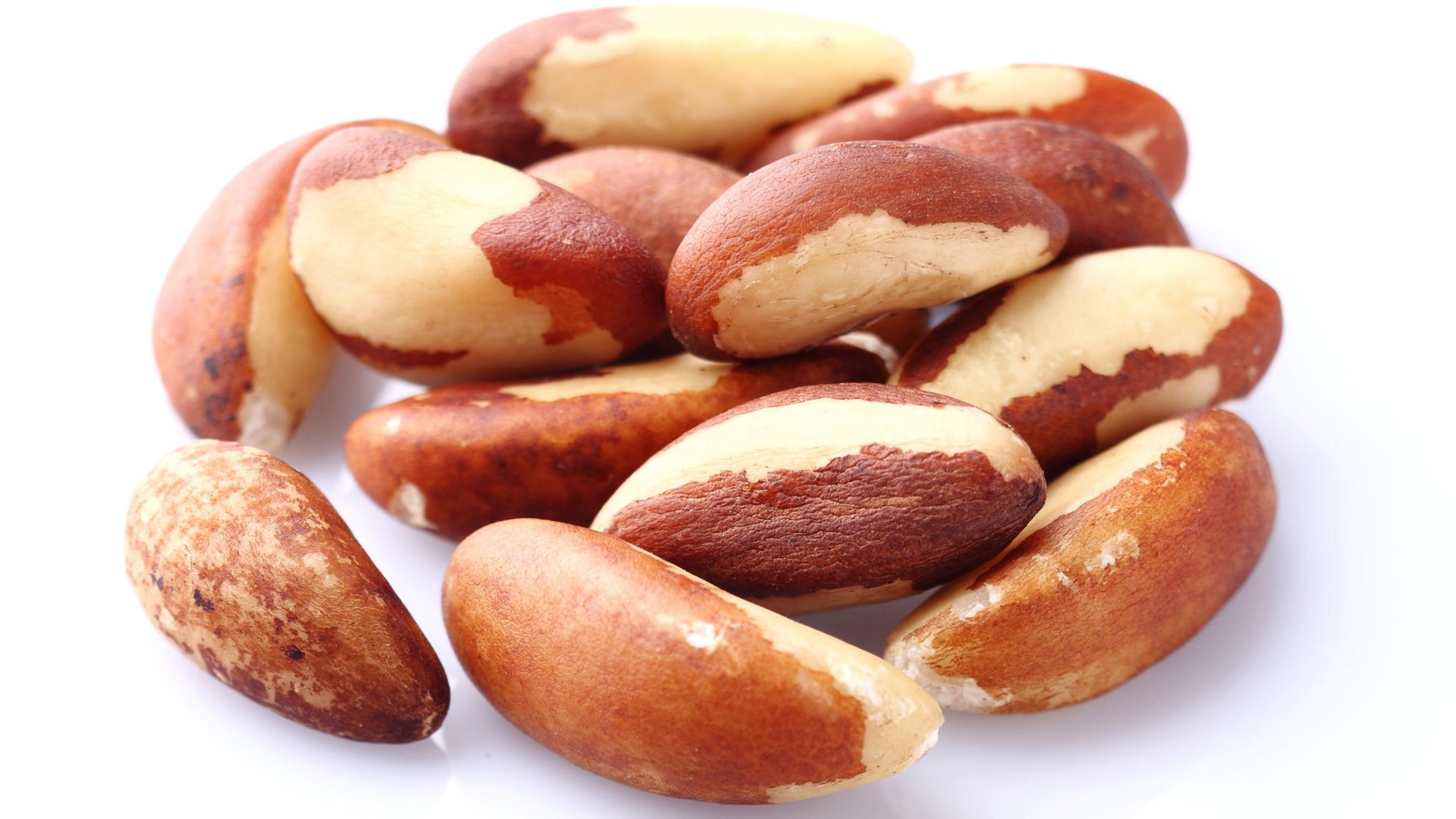
Brazil nuts are powerhouse vegetarian foods that pack a punch of selenium. These nutrient-rich nuts are not only delicious but also highly beneficial for your overall health. Just two Brazil nuts can provide a significant amount of selenium, making them one of the richest real food sources of this essential trace mineral.
Selenium plays a crucial role in supporting thyroid function and metabolism, promoting antioxidant activity, and even aiding in DNA synthesis. Additionally, Brazil nuts are loaded with protein, fiber, thiamine, and copper.
So if you're looking to boost your health while enjoying a tasty snack, incorporating Brazil nuts into your diet is an excellent choice!
Shiitake and white button mushrooms
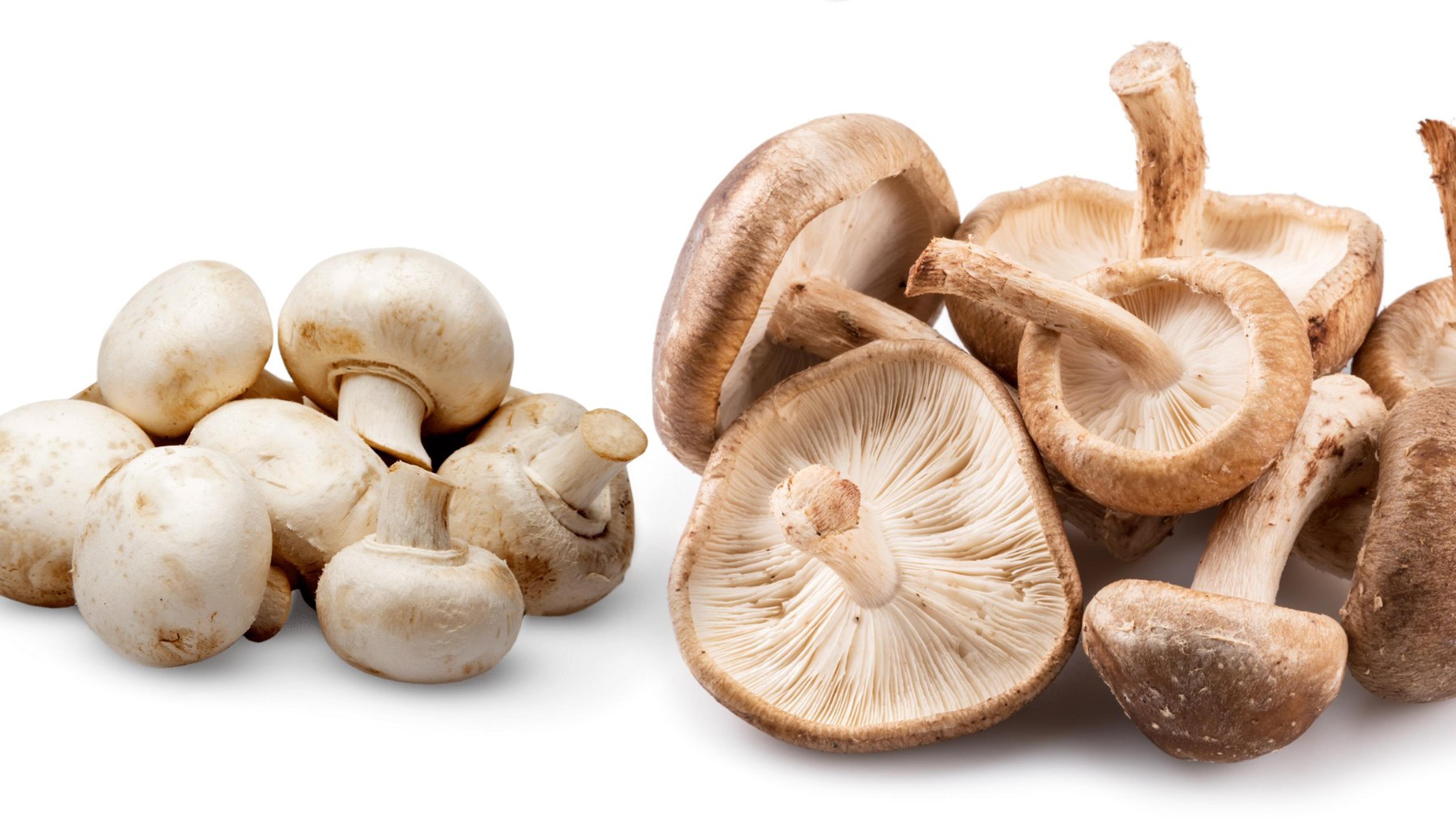
Shiitake and white button mushrooms are absolute powerhouses when it comes to selenium-rich vegetarian foods. These delectable fungi provide a staggering 33 percent of your Daily Recommended Intake (DRI) of selenium in just one serving.
But the benefits don't stop there! Besides being packed with this essential mineral, shiitake and white button mushrooms also offer vitamin D, antioxidants, and other valuable nutrients.
For those following a vegetarian lifestyle, these mushrooms are a fantastic addition to your diet. Not only can they enhance the flavors of various dishes, but they also contribute to maintaining overall health and well-being.
Beans (lima and pinto)
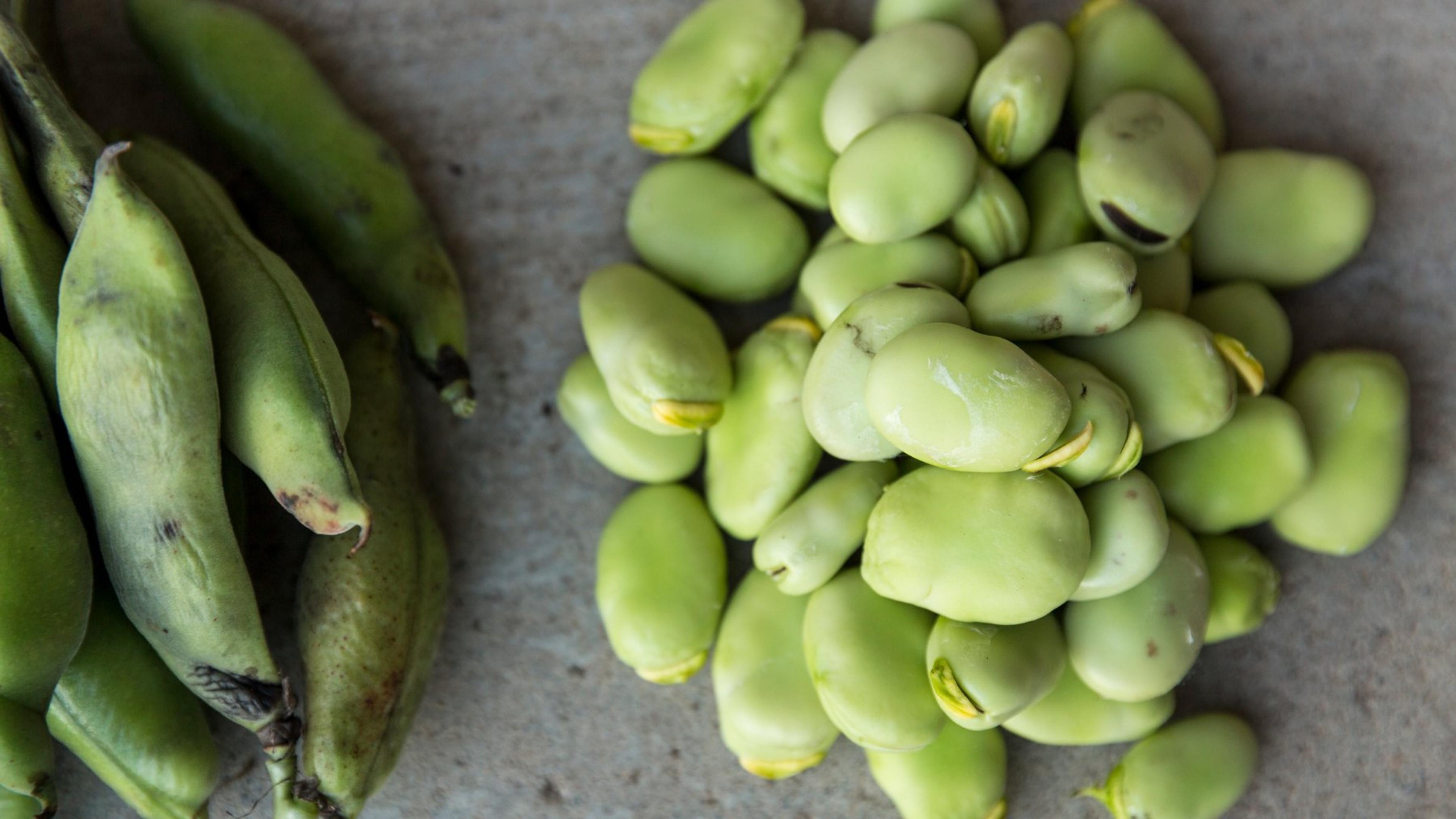
Lima, soy and pinto beans are powerhouse ingredients that not only provide protein and fiber but also boast impressive selenium content. Just one cup of cooked lima or pinto beans or even barley can deliver around 10 mcg of selenium, which covers roughly 17% of your recommended daily intake.
These legumes are particularly ideal for vegans looking to meet their selenium needs while enjoying a balanced vegetarian diet. Alongside offering this essential mineral, lima, tofu and pinto beans come with an array of other health benefits due to their nutrient-packed profile, including vitamins, minerals, protein, fiber, and resistant starch.
Incorporating several ounces of these delicious beans into your meals not only supports overall well-being but also helps boost the immune system for optimal health.
Chia seeds
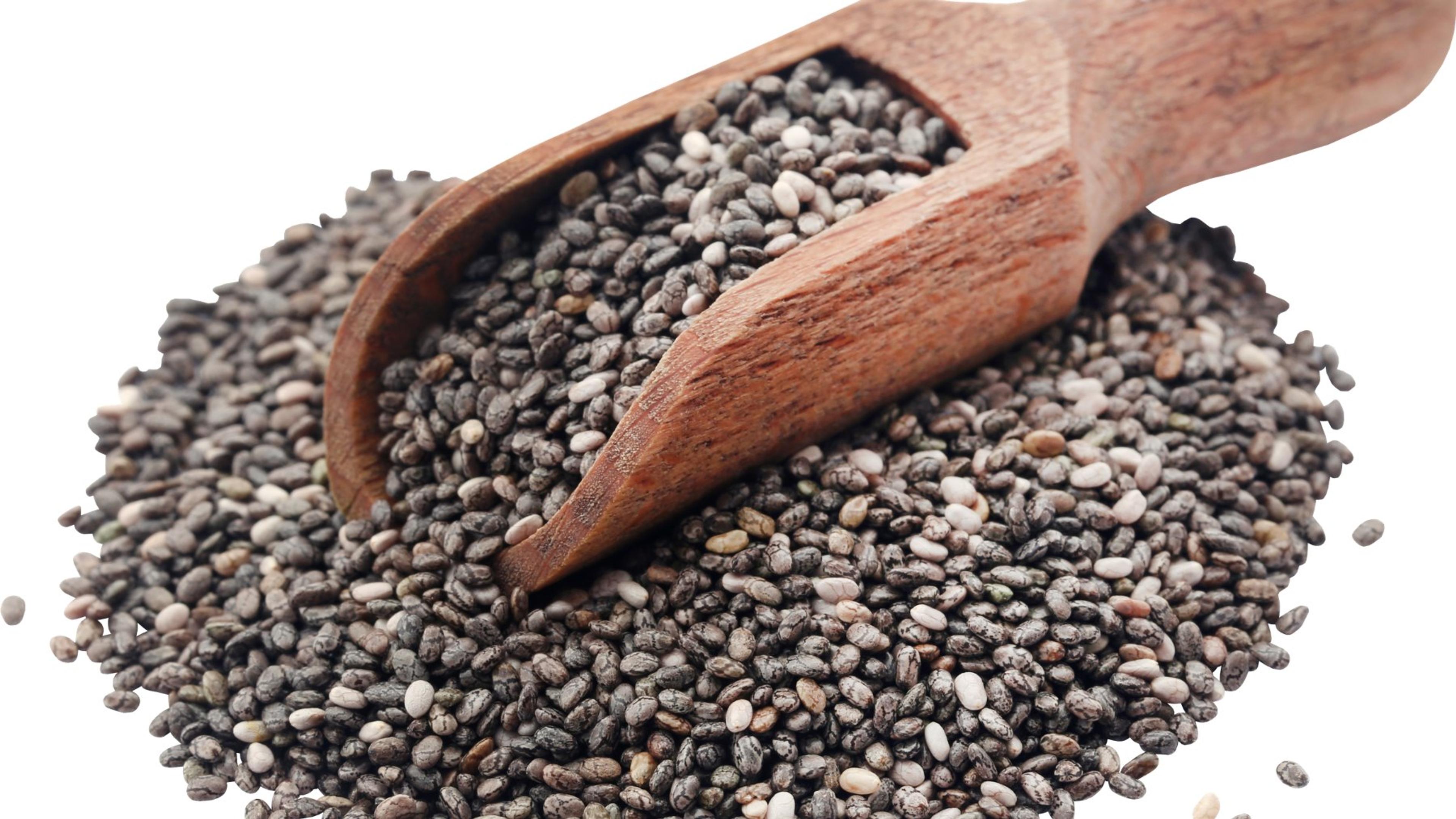
Chia seeds are a powerhouse of nutrition and an excellent addition to any vegetarian diet. Not only are they packed with essential nutrients, but they also happen to be one of the top selenium-rich foods for vegetarians.
Selenium is an important mineral that plays a key role in supporting thyroid function, metabolism, and overall health. Chia seeds are not only rich in selenium but also high in fiber, protein, and omega-3 fatty acids.
These tiny seeds can easily be incorporated into your daily meals by sprinkling them on salads or adding them to smoothies and baked goods. So grab a bag of chia seeds and give your body the selenium boost it needs for optimal health!
Brown rice
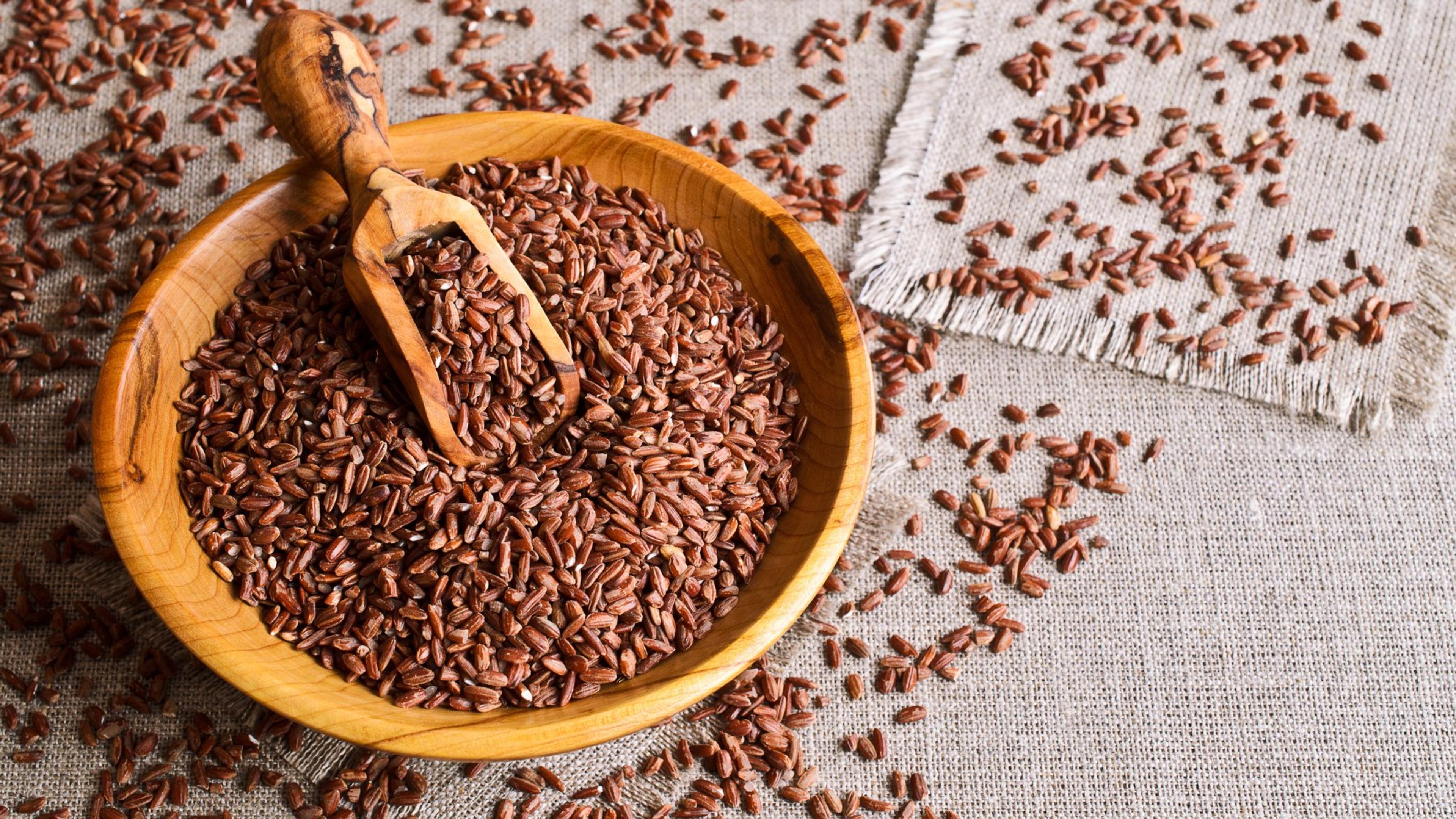
Brown rice is not only a delicious and versatile grain, but it is also an excellent source of selenium for vegetarian health enthusiasts. With its nutty flavor and chewy texture, brown rice provides more than just a satisfying meal.
It's packed with essential nutrients like fiber, vitamins, and minerals, including selenium. Selenium is a trace mineral that plays a crucial role in supporting overall health. Not only does it act as a powerful antioxidant to protect your cells from damage, but selenium also supports thyroid function and metabolism.
By incorporating brown rice into your vegetarian diet regularly, you can boost your selenium intake and promote optimal health. So next time you're planning your meals, why not opt for this nutritious whole grain? Your body will thank you!
On a completely different note, did you also know that whole-wheat flour, whole-wheat bread and brown sugar contain two to four times more selenium than it does in white flour, white bread and white sugar? It surely does make a healthy difference.
Sunflower, sesame, and flax seeds
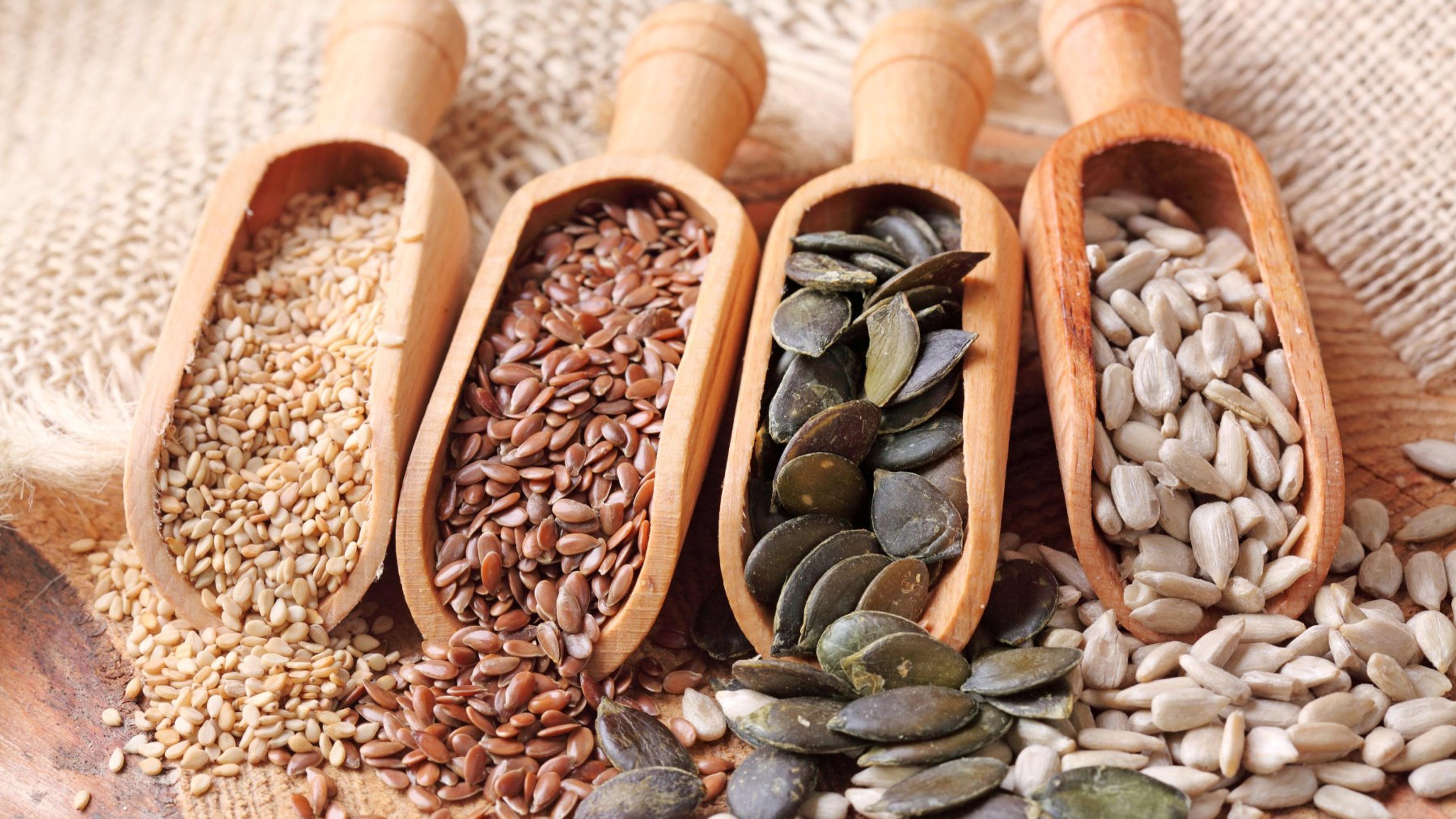
Sunflower, sesame, and flax seeds are powerhouse ingredients when it comes to boosting your selenium intake on a vegetarian diet. These small but mighty seeds are not only high in selenium but also packed with essential omega-3 fatty acids that promote overall health.
For example, just 1 oz of sunflower seeds contains an impressive 41% of the recommended daily value of selenium. Additionally, these seeds offer benefits beyond their selenium content – they provide a healthy source of protein and beneficial fats.
So whether you sprinkle them over salad or use them in baking recipes, incorporating sunflower, sesame, and flax seeds into your meals is a delicious way to ensure you're getting the necessary nutrients for optimal health! As it happens, even micrograms of selenium intake in your meals will do the difference!
Broccoli, cabbage, and spinach
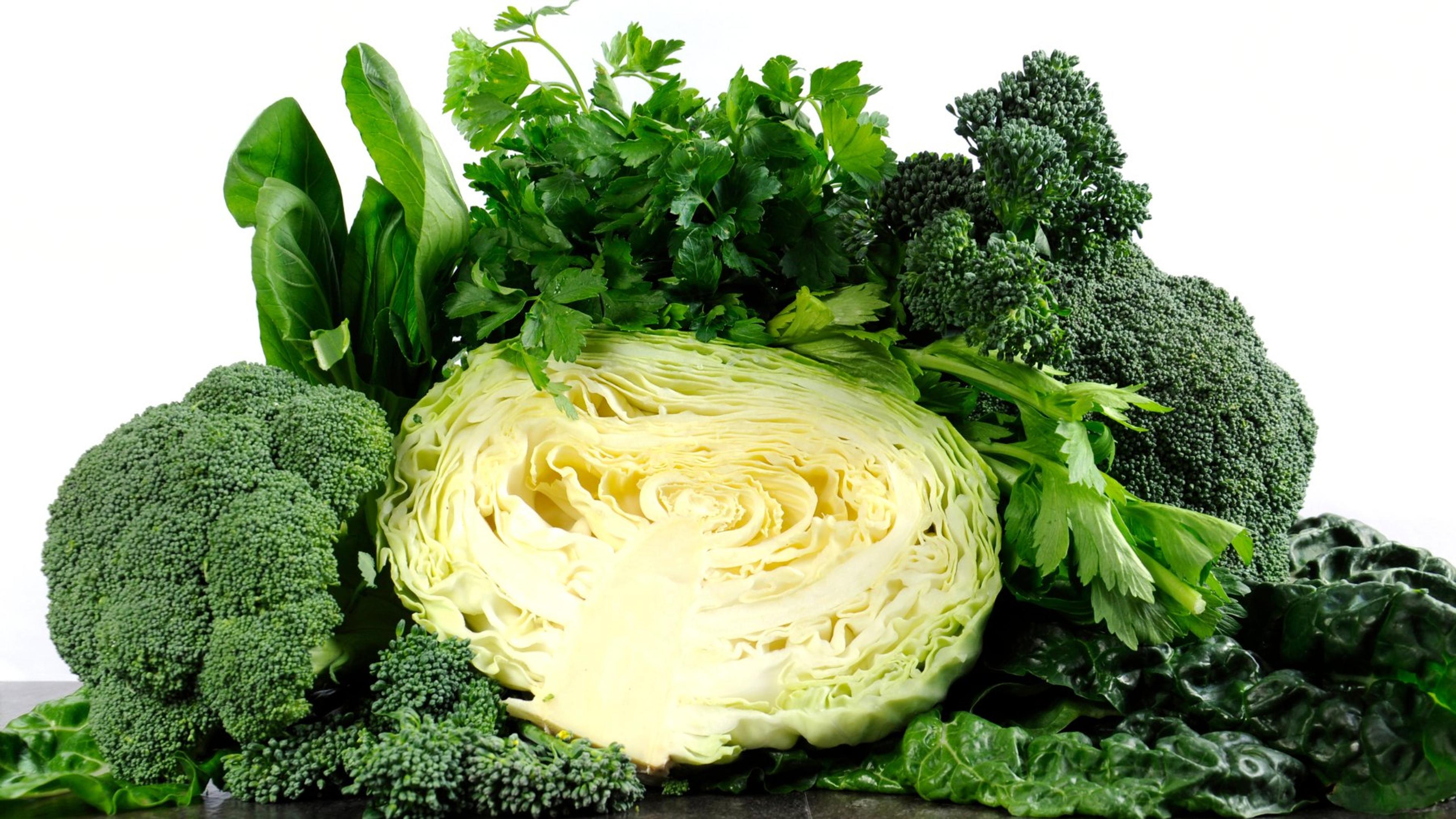
Broccoli, cabbage, and spinach are not only delicious additions to your vegetarian meals but also excellent sources of selenium. These green vegetables not only provide a healthy dose of this essential mineral but also offer a wide range of other nutrients to support your overall health.
For example, broccoli is packed with vitamins C and K, while cabbage provides fiber and antioxidants. Spinach is known for its high iron content and is also rich in vitamins A and C.
By incorporating these selenium-rich greens into your diet, you can ensure that you're getting the full spectrum of essential nutrients and selenium requirements needed for optimal well-being. So whether you're adding them to stir-fries or salads or simply steaming them as a side dish, including broccoli, cabbage, and spinach in your meals will give you both the selenium boost (even in small amounts for start) and the health benefits you desire.
Incorporating Selenium-Rich Foods Into Your Diet
To easily incorporate selenium-rich foods into your diet, try adding a handful of Brazil nuts to your morning smoothie or snack on them throughout the day for a quick and nutritious boost.
Recipe ideas and meal suggestions
Looking to boost your health with selenium-rich vegetarian foods? Here are some delicious vegan recipe ideas and meal suggestions to incorporate into your diet:
1. Brazil Nut Salad:
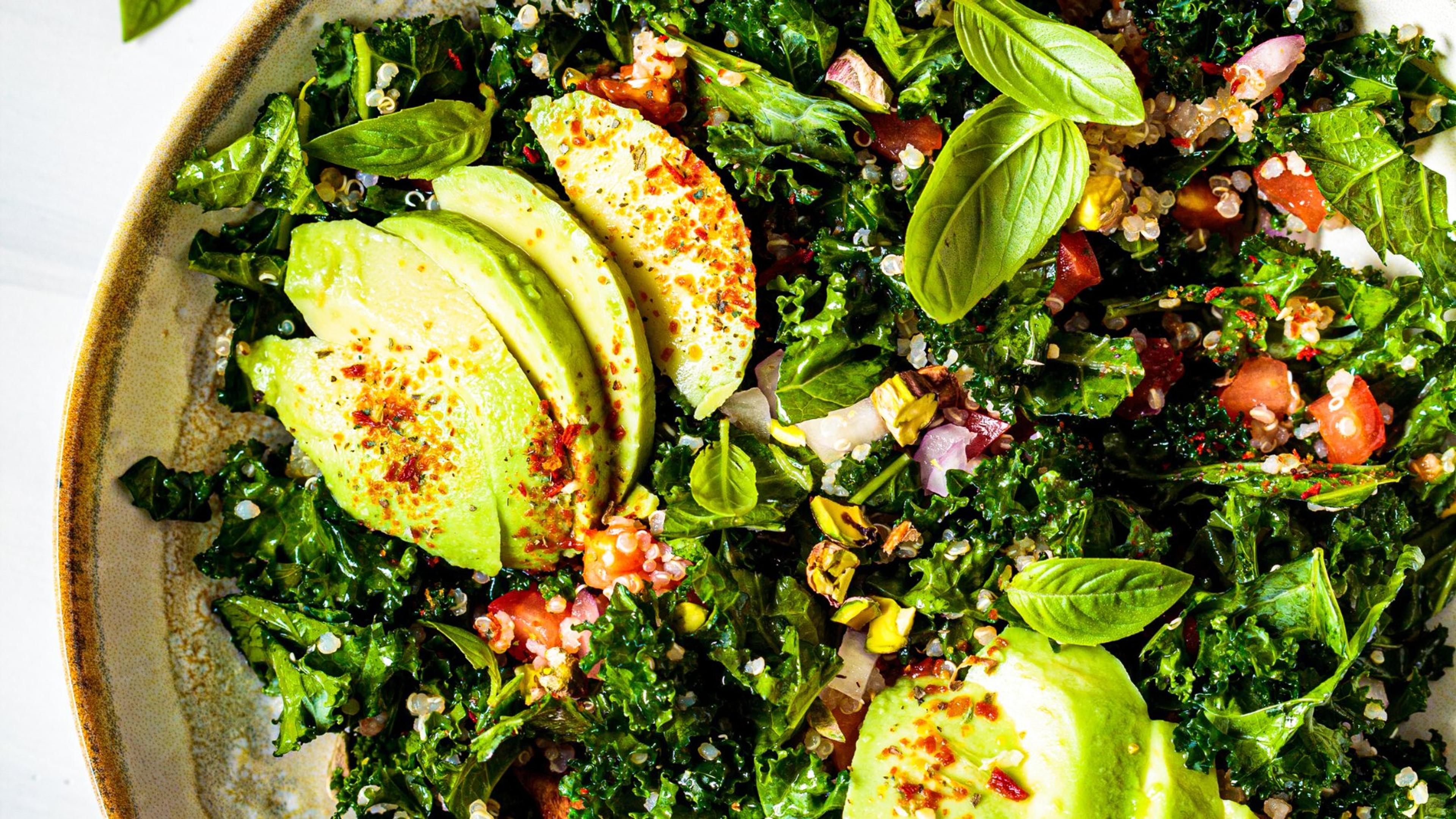
- Toss together mixed greens, cherry tomatoes, cucumber slices, and sliced avocado.
- Top with chopped Brazil nuts for a crunchy texture and a selenium boost.
- Drizzle with your favorite dressing or a simple lemon vinaigrette.
2. Shiitake Mushroom Stir-Fry:
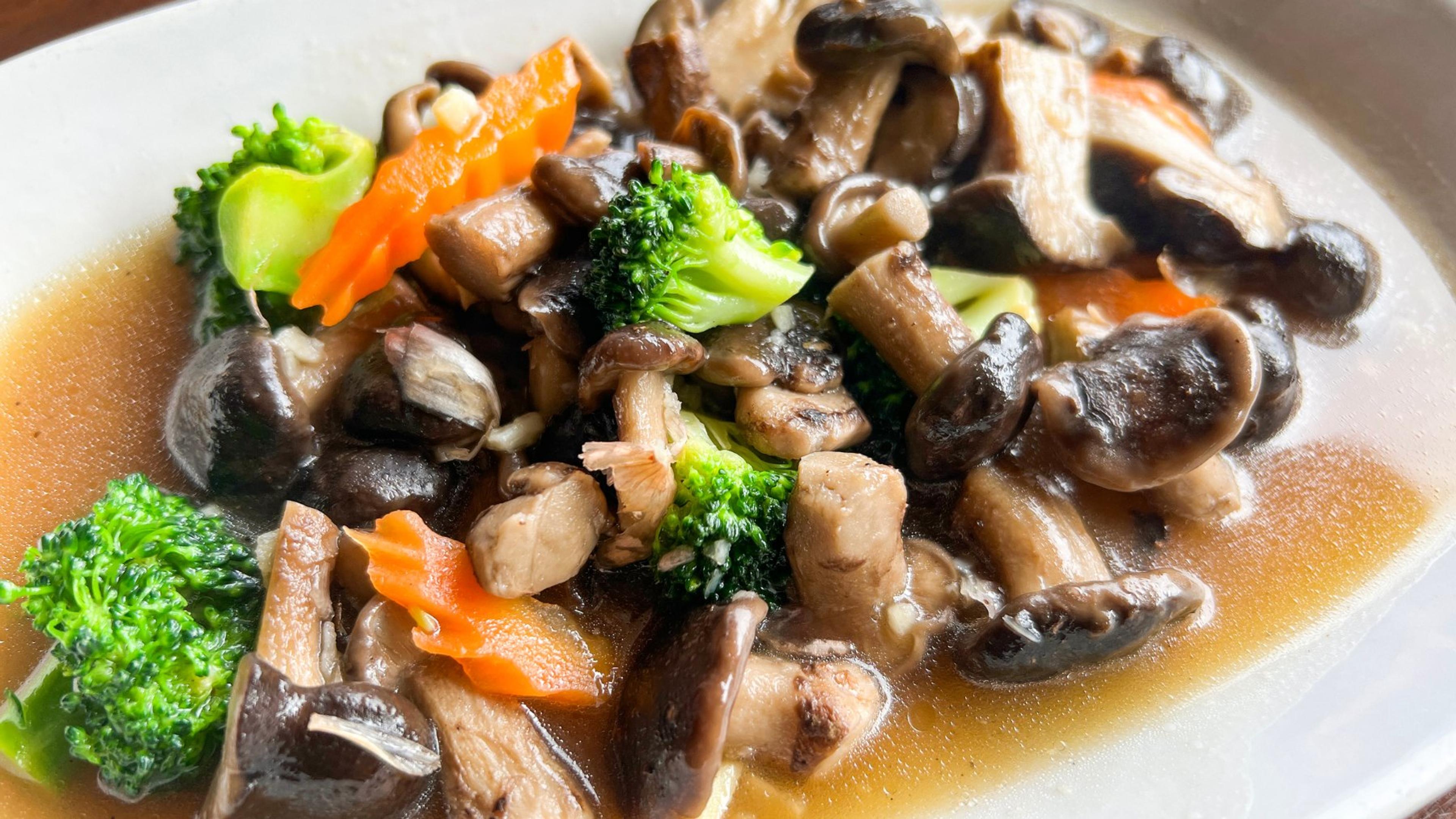
- Heat oil in a pan and sauté sliced shiitake mushrooms with minced garlic and ginger.
- Add in your choice of vegetables like bell peppers, snap peas, and carrots.
- Season with soy sauce or tamari for an umami flavor.
- Serve over brown rice for an extra dose of selenium.
3. Chia Seed Pudding:
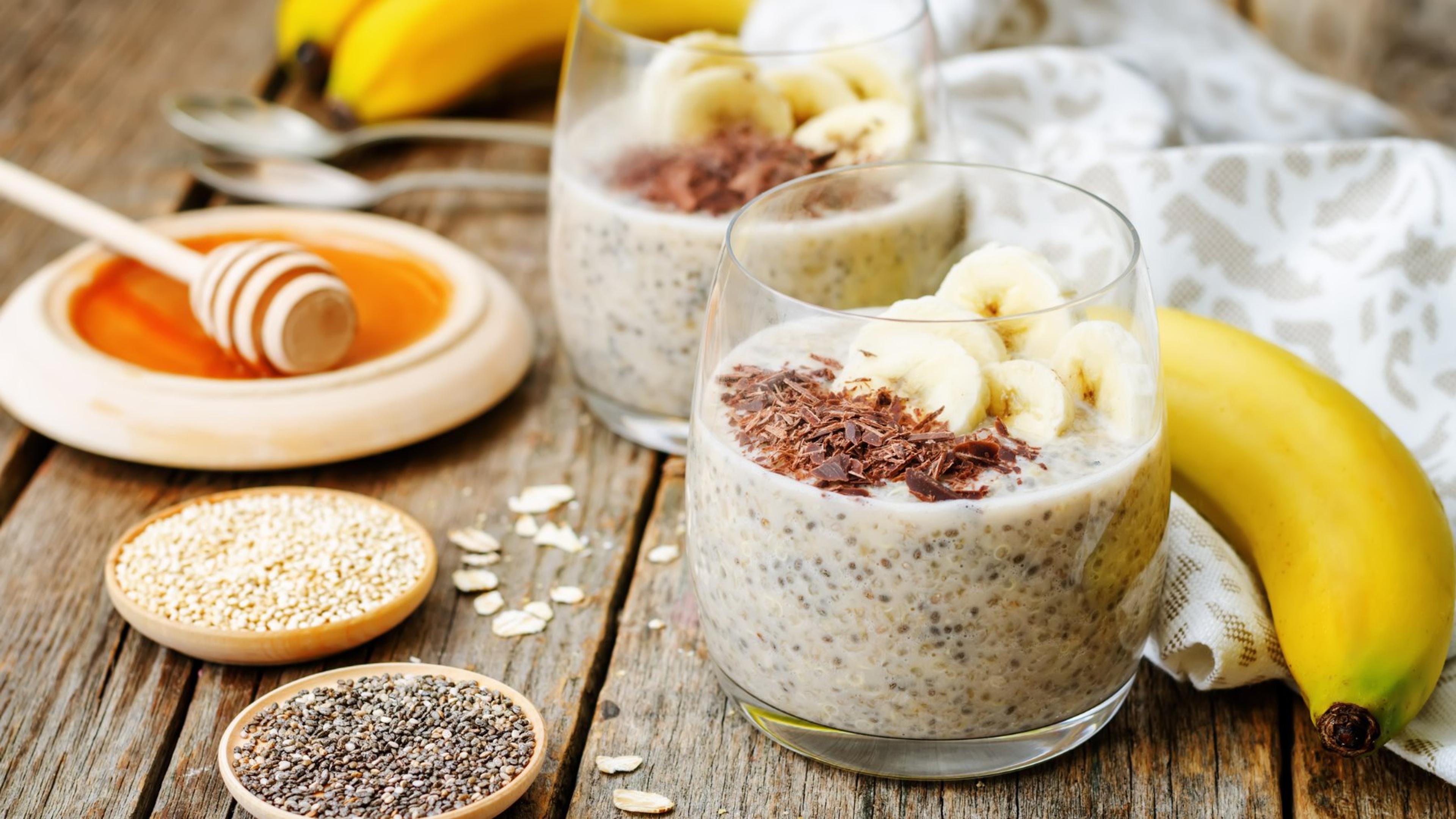
- Mix chia seeds, plant-based milk (such as almond or coconut), and sweeteners of choice (like maple syrup or agave nectar) in a Mason jar.
- Shake well and refrigerate overnight to allow the chia seeds to absorb the liquid.
- In the morning, top with fresh berries or sliced bananas for added antioxidants.
4. Lentil and Spinach Curry:
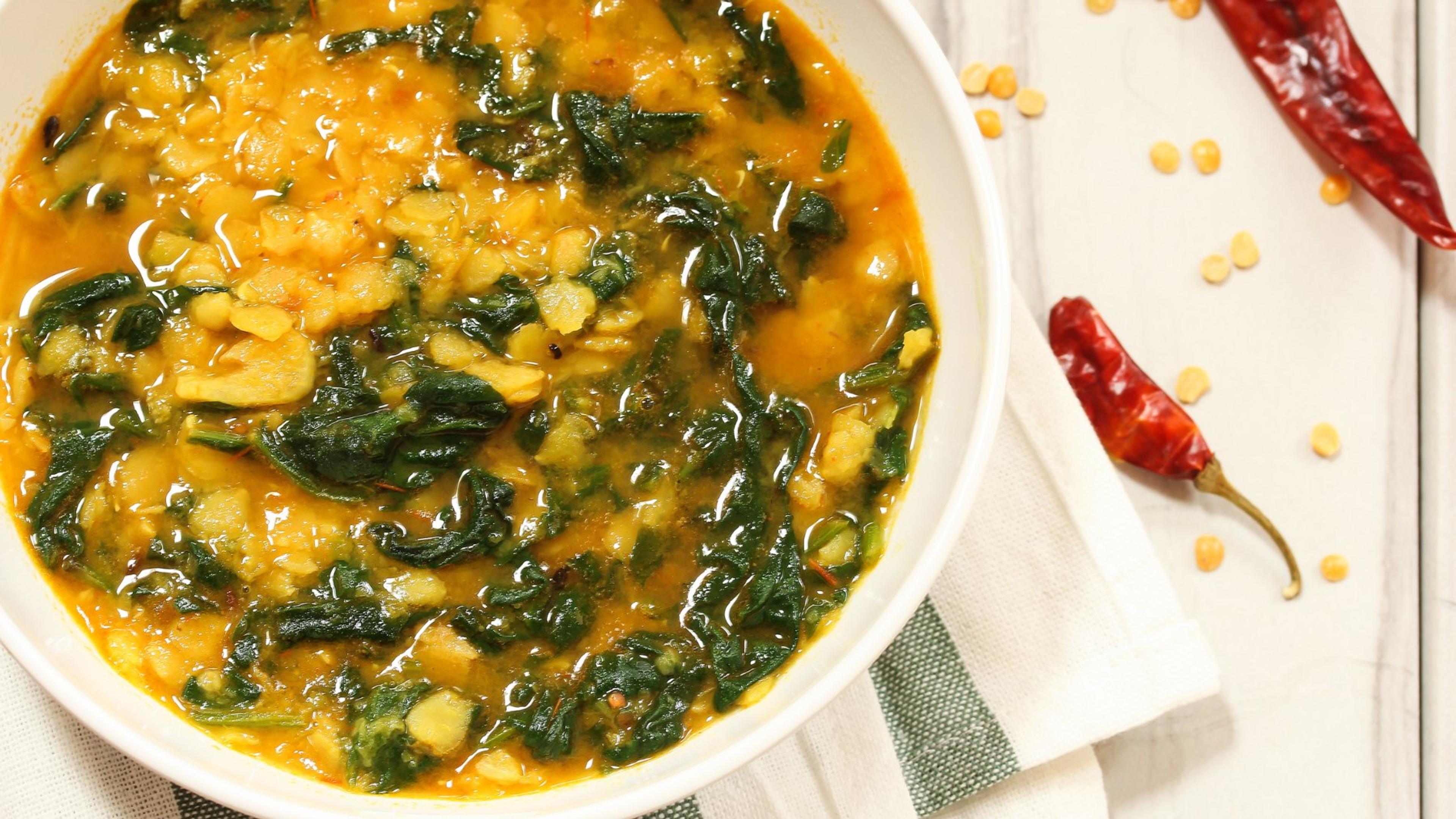
- Sauté onions, garlic, and ginger in a pan until fragrant.
- Add cooked lentils, spinach leaves, diced tomatoes, curry powder, turmeric, cumin, and paprika.
- Simmer until the flavors meld together and serve over quinoa or whole-wheat couscous.
5. Sunflower Seed Energy Balls:
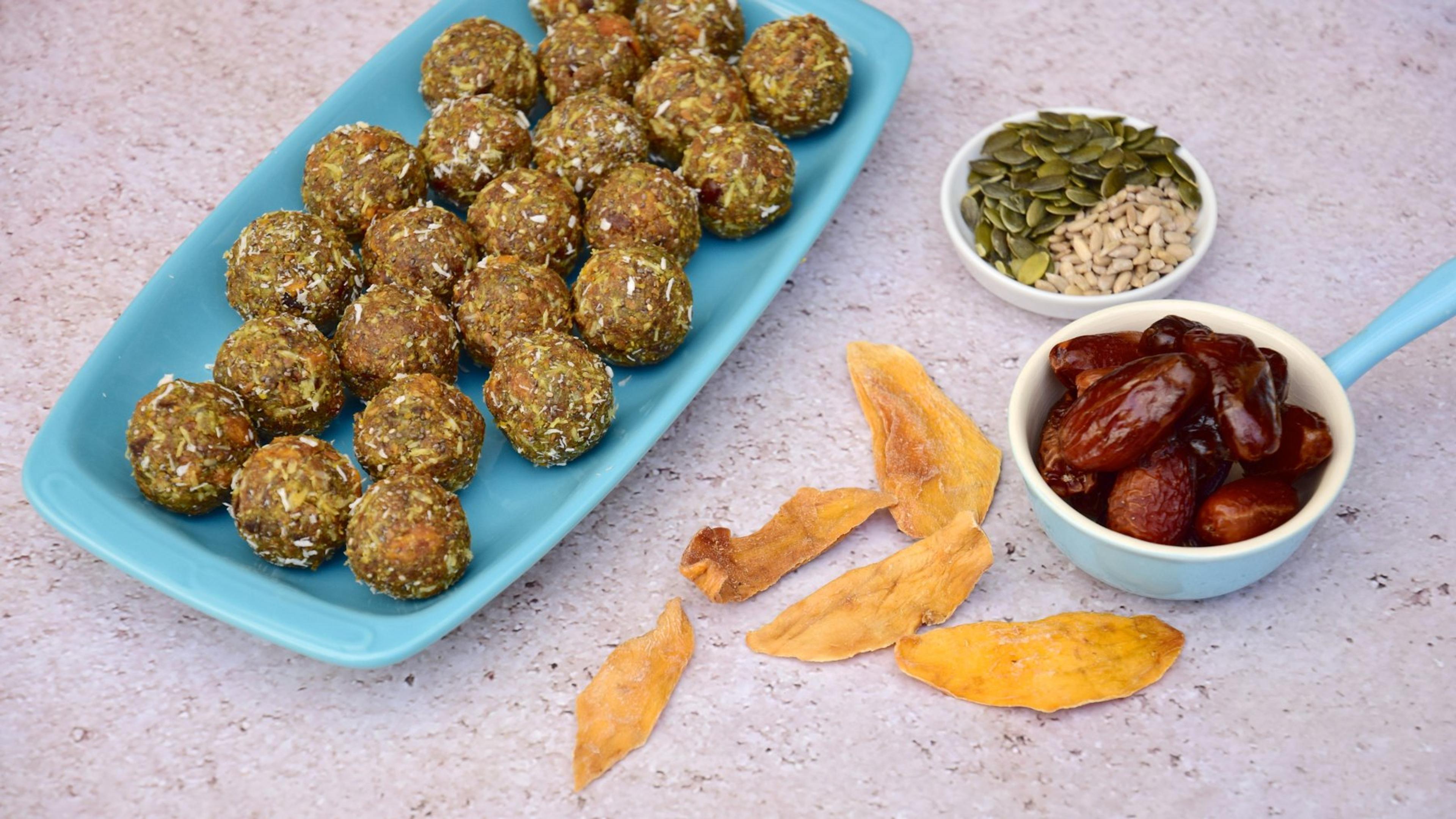
- In a food processor, combine dates, sunflower seeds, shredded coconut, cocoa powder (optional), and a pinch of salt.
- Pulse until the mixture forms a sticky dough-like consistency.
- Roll into bite-sized balls and refrigerate for at least 30 minutes before enjoying as a quick snack.
Tips for meal planning and preparation
- Incorporate a variety of selenium-rich foods into your meal plans to ensure you get a balanced intake of this essential mineral.
- Include Brazil nuts as a regular snack or add them to salads, smoothies, or oatmeal for an easy selenium boost.
- Experiment with different types of mushrooms like shiitake and white button in your recipes to add flavor and increase your selenium intake.
- Try incorporating beans such as lima and pinto into soups, stews, or as a protein source in your vegetarian meals for added selenium.
- Sprinkle chia seeds on top of yogurt, oatmeal, or use them as an egg substitute in baking to reap the benefits of their selenium content.
- Swap out white rice for nutrient-rich brown rice in your meals to increase your selenium intake while also enjoying whole-grain goodness.
- Use sunflower, sesame, or flax seeds in homemade granola bars, trail mix, or sprinkle them on top of salads for added crunch and selenium benefits.
- Boost your vegetable intake by incorporating selenium-rich options like broccoli, cabbage, and spinach into stir-fries, soups, or roasted vegetable medleys.
- Get creative with recipe ideas using these selenium-rich foods to keep your meals enjoyable and varied while meeting your nutritional needs.
- When meal planning, take note of the recommended daily intake of selenium (55 micrograms for adults) to ensure you're getting enough from food sources alone.
- Cook meals at home using fresh ingredients whenever possible to maximize the nutrient content and control the amount of added salt or unhealthy fats.
Remember these tips when planning and preparing your vegetarian meals to optimize your selenium intake and support overall health!
To ensure optimal health, it is essential to monitor your intake of selenium. While selenium is a vital nutrient, consuming too much or too little can have negative effects on your well-being.
The recommended daily intake for adults is around 55 mcg, and it's important to strike a balance in order to reap the benefits of this trace mineral. Since chronically high intakes can lead to health issues like muscle tremors and hair loss, moderation is key.
On the other hand, selenium deficiency can also cause various problems such as reproductive difficulties and immune system impairments. By being mindful of your selenium intake by incorporating selenium-rich vegetarian foods into your diet, you can promote optimal health and nutrition while avoiding any potential imbalances in this essential nutrient.
Conclusion: Boost Your Health with Selenium-Rich Vegetarian Foods
Incorporating selenium-rich vegetarian foods into your diet is a simple and effective way to boost your overall health. From Brazil nuts to chia seeds, there are plenty of nutritious options available.
By adding these selenium-rich foods to your meals and snacks, you can support thyroid function, improve metabolism, and enjoy the benefits of their antioxidant properties. So why wait? Start incorporating these delicious vegetarian options into your diet today for a healthier you!
FAQs
1. What are some vegetarian sources of selenium?
Some vegetarian sources of selenium include Brazil nuts, whole grains, legumes (such as chickpeas and lentils), sunflower seeds, mushrooms, and spinach.
2. How much selenium should I consume daily?
The recommended daily intake of selenium for adults is 55 micrograms per day. However, it is important to note that individual needs may vary depending on factors such as age, sex, and overall health.
3. Why is selenium important for our health?
Selenium plays a crucial role in supporting the immune system's function and functioning as an antioxidant in the body. It also helps regulate thyroid hormones and supports reproductive health.
4. Can I get enough selenium from a vegetarian diet alone?
Yes! A well-planned vegetarian diet can provide sufficient amounts of selenium if you include a variety of selenium-rich foods mentioned above. However, if you have specific dietary restrictions or concerns about your nutrient intake, consulting with a healthcare professional or registered dietitian is recommended to ensure proper nutrition.

